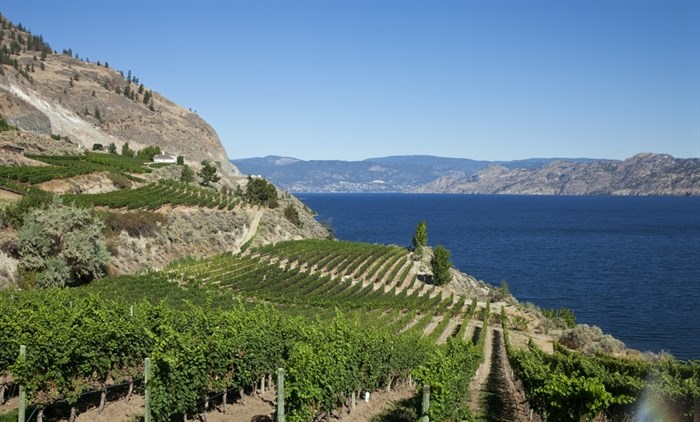
Image Credit: Shutterstock
August 06, 2015 - 2:52 PM
OKANAGAN - The province has added to the regions under a level four drought advisory, giving itself and local water providers extra powers to curb consumption, but don’t expect to see the water police swooping down anytime soon.
“I’m pretty confident there is not going to be some kind of sweeping, top-down regulation from the province,” Anna Warwick Sears says.
On Tuesday, the Ministry of Forests added the Okanagan region to the areas under a level four drought advisory, which now includes the Lower Fraser, South Coast, Vancouver Island, Nicola, Similkameen, South Thompson and Kettle regions. The North Thompson region was increased to level three this week.
Last month, the province asked all water providers in level three drought areas to voluntarily reduce water consumption by 30 per cent.
The executive director of the Okanagan Basin Water Board says from what she’s seen in other areas already at level four, the province is more likely to work with individual water providers to help them meet their consumption targets.
“They’re looking at where the problems are, the dead fish, where we are running into trouble, more like a case-by-case basis.”
That said, Warwick Sears adds once a problem has been identified, the province is acting more assertively.
“They’ve been much more sweeping than in 2009. I think they shut down one farmer on the Nicola. Now they’ve shut down like 50 (water licenses) on the Coldwater River alone.”
She describes the extent of the drought as unprecedented, but says each water utility has their own view of the drought and their own sense of urgency in dealing with it.
“We view this a significant, serious situation, but our job is not to make the rules but to provide a forum for priorities and solutions.”
Doug Findlater, chair of the water board and mayor of West Kelowna, also praises the province's measured approach, but says his own community is moving to give teeth to local water regulations.
"We are a relatively young municipality and we inherited three small water systems and two irrigation districts. However we don't have a strong enforcement mechanism in our bylaw. We are looking at a regime of fines for each infraction that increase with each stage of water restrictions."
Findlater says the water board and local water providers will learn more at a drought response planning workshop next week with the provincial drought management team.
To contact the reporter for this story, email John McDonald at jmcdonald@infonews.ca or call 250-808-0143. To contact the editor, email mjones@infonews.ca or call 250-718-2724.
News from © iNFOnews, 2015